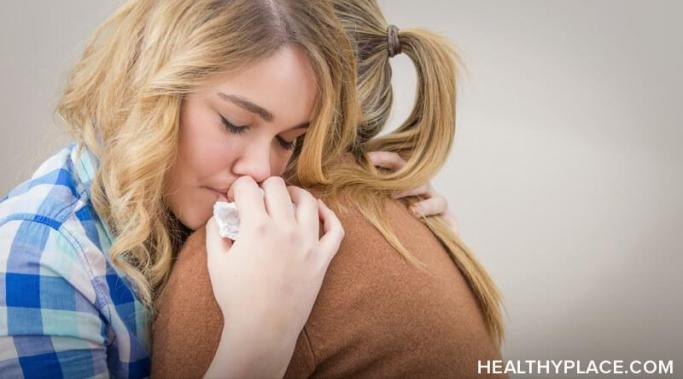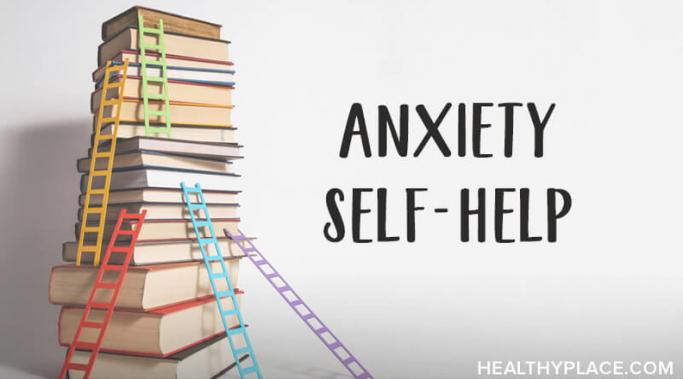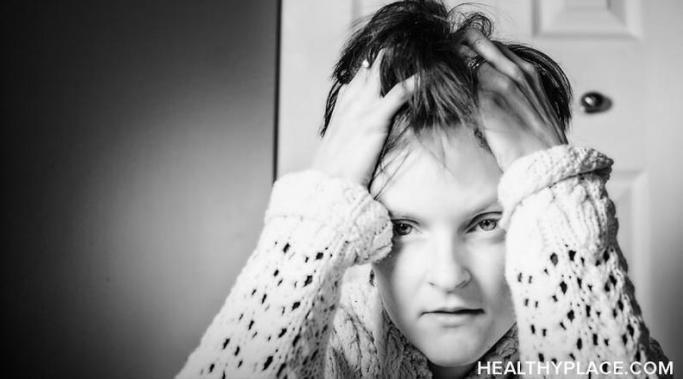Healing from posttraumatic stress disorder (PTSD) is rarely a linear process. Just like any journey in life, recovering from PTSD has ups and downs. There will be times when things are good and times when things are bad. When PTSD starts getting worse, it can feel frustrating and scary. We know how to handle the good times in PTSD recovery, but what do you do when PTSD symptoms start increasing?
PTSD Treatments
Posttraumatic stress disorder (PTSD) is a difficult disorder to carry throughout life, so you need to learn how to manage PTSD triggers. The symptoms of PTSD can be debilitating, and it's hard to predict when they're going to strike. Any sight, sound, smell, or conversation can cause an unwanted traumatic memory to pop up in your mind, disrupting your sense of peace. Learning to cope with PTSD starts with identifying the triggers that cause you distress. If you are able to predict what types of stimuli might cause you to get stuck in a traumatic memory, you will be better prepared to manage the PTSD triggers throughout your day.
Deciding to tell someone about your posttraumatic stress disorder (PTSD) diagnosis can be a stressful decision. It's tough to open up about your mental health, especially after going through a traumatic experience. Will people understand? Will they judge you?
After going through a traumatic experience, it can be difficult to trust people and you can develop overwhelming trust issues. While many relationships are able to bounce back from difficult circumstances, around 5-10 percent of people with posttraumatic stress disorder (PTSD) will experience lasting relationship issues as a result of the traumatic experience.
Posttraumatic stress disorder's panic attacks are scary--literally. Characterized by feelings of extreme fear and anxiety, many people with posttraumatic stress disorder (PTSD) experience the sweaty palms, racing heartbeat, and rapid breathing that comes with panic attacks.
Living with complex posttraumatic stress disorder (PTSD) is hard and it often makes life feel like a struggle. You may struggle to get out of bed, do your daily chores, put on a good face for those around you, or you may even feel like it's a struggle to live.
Posttraumatic stress disorder (PTSD) and insomnia can go hand-in-hand. Insomnia is one of the most common sleep disorders in the world. With around 10-30% of the general population suffering from insomnia, it's normal to know a friend or two that has trouble sleeping at night. Because insomnia is such a common condition, it's often left out of the discussion around posttraumatic stress disorder. But with sleep disturbances proven to increase daily distress and dysfunction in the 80-90% of PTSD patients with insomnia, it's a PTSD symptom that shouldn't be forgotten.
It takes time, but you can heal the emotional pain of complex posttraumatic stress disorder (PTSD). Living with PTSD brings intense emotional pain. Complex PTSD comes from many incidences of interpersonal trauma. This results in often unbearable hurt as you consider all of the people in your life who have let you down or abused you. Sometimes, it can feel as if it's a gaping wound in your soul that will never heal.
Posttraumatic stress disorder (PTSD) nightmares make life tiring. When you live with PTSD nightmares plus anxiety, depression, hypervigilance, and flashbacks (all common occurrences in the day-to-day lives of people with PTSD), it's no wonder around 70-91% of people with PTSD have trouble sleeping at night.
Complex posttraumatic stress disorder (PTSD) misdiagnosis happens out of ignorance. Although many people are now aware of the prevalence of sexual abuse, but not nearly enough people are aware of the lifelong effects of the abuse. Unfortunately, this includes some mental health professionals who can end up missing the diagnosis of complex posttraumatic stress disorder (PTSD) and instead give the person a misdiagnosis.









